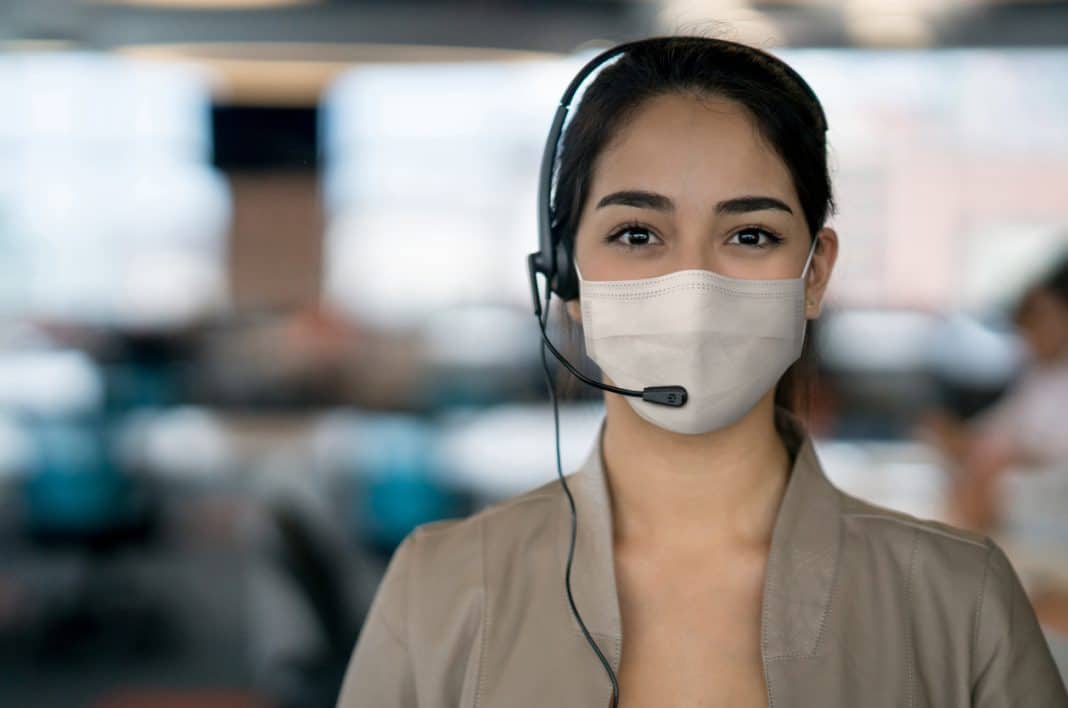At 8am sharp, Pallavi receives her pile of positive cases for the day.
At 8pm, she makes her way home from work, the image of sinking testing rates heavy on her mind.
The 12-hour stretch of her workday is filled with navigating the anxiety, fear, and despondence of everyone she informs. “I’m sorry, but you have tested positive for COVID-19.”
Pallavi is a case investigator. Her voice is on the other end of the phone. If you test positive for Coronavirus, she will guide you through retracing your steps, help plan for you to isolate, and pass on the names of your affected friends and family to contact management.
On a busy day, Pallavi alone traces six to seven cases, usually within a day of their positive result. “We don’t wait. If they’re sociable or part of a large family, we’d usually have to contact five to 10 people per case.”
She never sees her cases in person. Her job is to determine the impact of each individual, all through a phone call. Pallavi says the most challenging part of her day is when cases panic and attempt to hide their movements.
“Sometimes it can be really hard to get to the truth. People try to hide information because they’re scared that they’re going to get into trouble.
“People can be in shock when they’re first told. There are times when I offer to call them back in five minutes.
“We just have to explain what we’re doing, that we’re not coming from a place of trying to get you in trouble … We don’t share any data with the public, so the best thing you can do is be open and honest.
“Then people will slowly start to open up. They become calmer the more information they have. They need to be reassured that they will be taken care of.
“It’s all about having empathy with the person you’re talking to.”
Pallavi is only 26 years old. Before the pandemic, she was an international student from India, working towards her master’s at ANU. She specialised in virus research.
“I was looking to assist at a lab when COVID hit. I just wanted to help the community. There’s so much miscommunication about the virus, and I knew I had the background to help.”
She joined the surge of student nurses, researchers, and medical staff who volunteered for the COVID response. It was her first employment in Australia.
“Panic aside, it’s often difficult for someone to remember where they were five days ago … Only about half the people I contact can remember clearly.”
Here, Pallavi notes, is where the Check-in CBR app becomes crucial, along with bank statements, Google timeline, and social media. For privacy, Pallavi asks her cases to go through this information themselves while on the phone with her.
But the time crunch, and the reactions of the public, are only a fraction of Pallavi’s job.
“We do not abandon people after telling them they’re positive. We take care of them every single day afterward until they’re cured.
“We have a wellbeing team with psychologists and social workers. We provide help with financial hardship. If someone can’t stay at home, or safely isolate, we have quarantine facilities. If you can’t travel, we have mobile testing programs that visit homes. We can arrange for RSPCA to come walk your dog!
“A lot of people don’t understand how much we can help with.”
Some post gratitude on the COVID-19 team’s Facebook page, but for the most part their silent work goes on behind the scenes.
Every day Pallavi notices the testing rates declining, as ACT vaccination rates rise.
“As a COVID tracer, it’s really worrying to watch the testing rates go down. We’re so proud of our community, but it’s still so important to get tested, even if you have the mildest of symptoms.”
Get all the latest Canberra news, sport, entertainment, lifestyle, competitions and more delivered straight to your inbox with the Canberra Daily Daily Newsletter. Sign up here.



